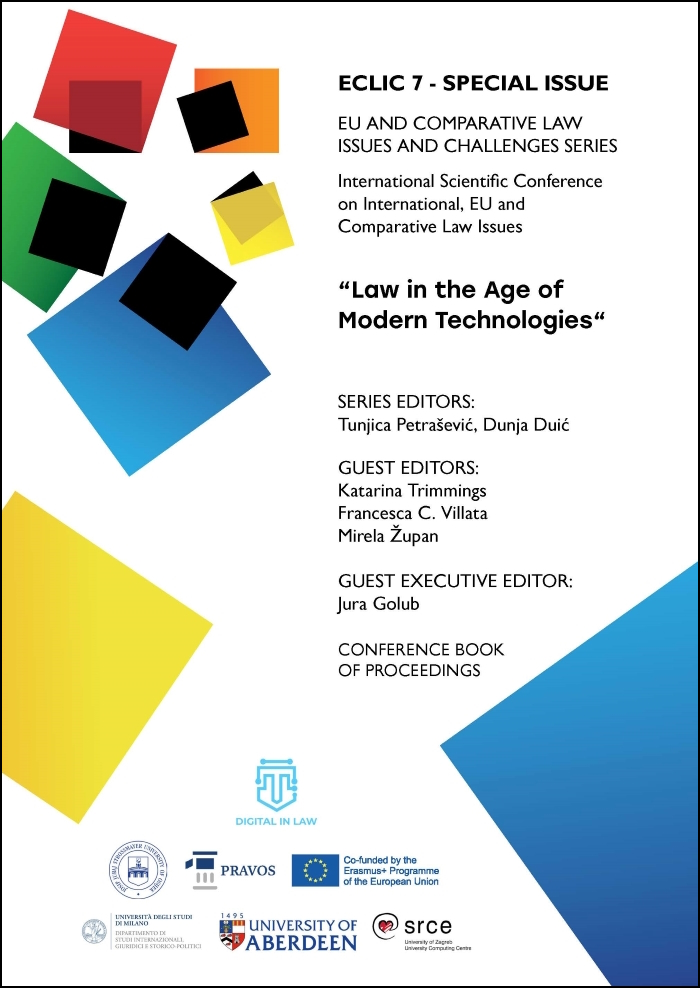CONTEMPORARY FORMS OF WORK WITH A DIGITAL FEATURE IN PRIVATE INTERNATIONAL LAW
DOI:
https://doi.org/10.25234/eclic/28269Abstract
Digitalization has enabled the rapid development of the gig economy and changed the entire paradigm in such a way that through digitalization people are increasingly achieving their primary employment. As a result, there is a frequent occurrence of the phenomenon of digital nomads and platform workers. Although initially conceived as freelance jobs, in certain cases, the legal relationships of digital nomads or platform workers take on the characteristics of an employment relationship. To circumvent fiscal and labour obligations, digital nomads or platform workers are often defined in contracts as self-employed individuals or independent contractors, resulting in a deprivation of labour rights. Consequently, a challenge arises for European private international law in terms of the correct characterization regarding the legal relationship and, subsequently, the application of the appropriate conflict of law rule to determine the applicable law.
Downloads
Published
How to Cite
Issue
Section
License
Copyright (c) 2023 Jura Golub

This work is licensed under a Creative Commons Attribution-NonCommercial 4.0 International License.
Authors retain the copyright on the papers published in the Journal, but grant the right of first publication to the Journal. Papers accepted for publication or already published in ECLIC of the Faculty of Law in Osijek may be published by the author(s) in other publications only with proper notice of its previous publication in ECLIC.


